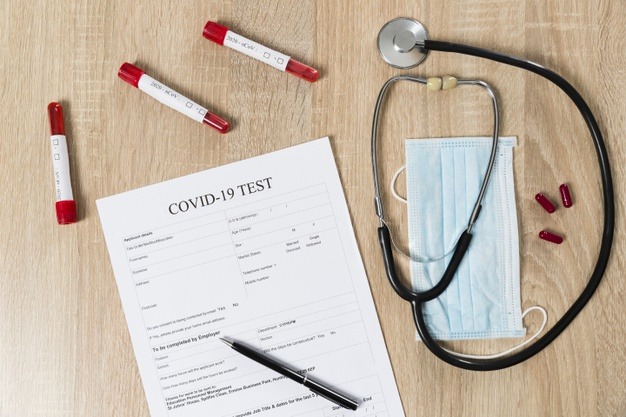Last week, Lagos state recorded its first case of Corona Virus (Covid-19). The case which was reported on February 27th, 2020 is the first to be reported in Nigeria since the outbreak of the virus in Wuhan, China.
The Government, through the Federal and state ministries of Health and other relevant agencies, has been devising measures to control and contain further spread of the virus.
World Health Organization (WHO) says the virus can be contracted through physical contact with infected persons and have advised on personal and respiratory hygiene measures such as: hand-washing, use of alcohol-based hand sanitizers, face-masks – where necessary, etc to control the human-to-human transmission.
While the Government continues to fine-tune the measures put in place to contain the virus, organizations must also put in place steps to keep their employees informed and safe. According to a Harvard Business School survey, 94% of service professionals put in 50+ hours a week at their workplace. This statistics suggests that most people spend more time at their workplace.
Institute of Workplace and Facilities Management (IWFM) defines Facility Management as an organizational function which integrates people, place and process within the built environment with the purpose of improving the quality of life of people and the productivity of the core business.” By this definition, Facility Management (FM) is expected to play a significant role in the control, containment and eradication of Covid-19.
In our habit of supporting Facilities Management Professionals, we have put together 8 things FM Professionals should do to keep their facilities safe;
- Convey a meeting of stakeholders
This will vary per organization but typically, the stakeholders should have people from the Health, Safety & Environment (HSE), Human Resources (HR), Admin, Procurement and Communications unit.
- Set Agenda and Lead the Conversation
Ultimately, the goal is how to make the workplace or facility safe. So, Facility Managers should coordinate what role each stakeholder should play and how they should go about it.
- Plan Communication
With HR and the Communications team, determine how to keep occupants and visitors to the facility informed of both preventive steps and reactive actions – in case of any suspicion.
- Have a Preventive Action Plan
Take extra care of possible areas of transmission such as: desks, hand-rails, door knobs, rest rooms, etc; by increasing the frequency of cleaning with soap or alcohol-based cleaning materials. And through your schedule, devise a feedback loop to ensure these activities are not just happening, but happening to the required standards.
- Procure Relevant Materials
Work with the procurement team to ensure things like alcohol-based hand sanitizers, water, soap, surface cleaning agents, non-contact thermometers, closed bins, etc are made available in the facility immediately. Also ensure staff, contractors and customers have access to places where they can wash their hands with soap and water.
It might be important to prepare for procurement of face masks and other Personal Protective Equipment (PPE), should the situation escalates.
- Improve Confidence through your Communications
Communication should improve confidence and not create panic. Keep and increase communication on hand washing, distance from people with respiratory ailments, use of face masks – if necessary – and other precautionary measures advised by World Health Organisation. Communication can also include posters promoting good respiratory hygiene in the workplace, periodic email reminder, town hall meetings, Instant Messaging, etc.
- Prepare and Communicate Emergency Procedure
In case of any suspicion, have a documented procedure on steps to be taken that will not put others at risk of infection. For example, prepare an isolation room with the required PPEs and have trained personnel who can handle the case should there be any suspicions.
- Employees that have to travel must be well informed
Based on latest information, your organization must assess the benefits and risks related to upcoming travel plans. In the case that employees have to travel, ensure they are have the latest information on areas where Covid-19 is spreading. Also avoid sending employees who may be at higher risk of serious illness e.g older employees and those with medical conditions as they are more susceptible to the virus.
- Know and Have the Relevant Contacts on Speed Dial
Call or visit the website of relevant government agencies ahead and understand their procedure for evacuation. Have the contact details in conspicuous places within the facility.


